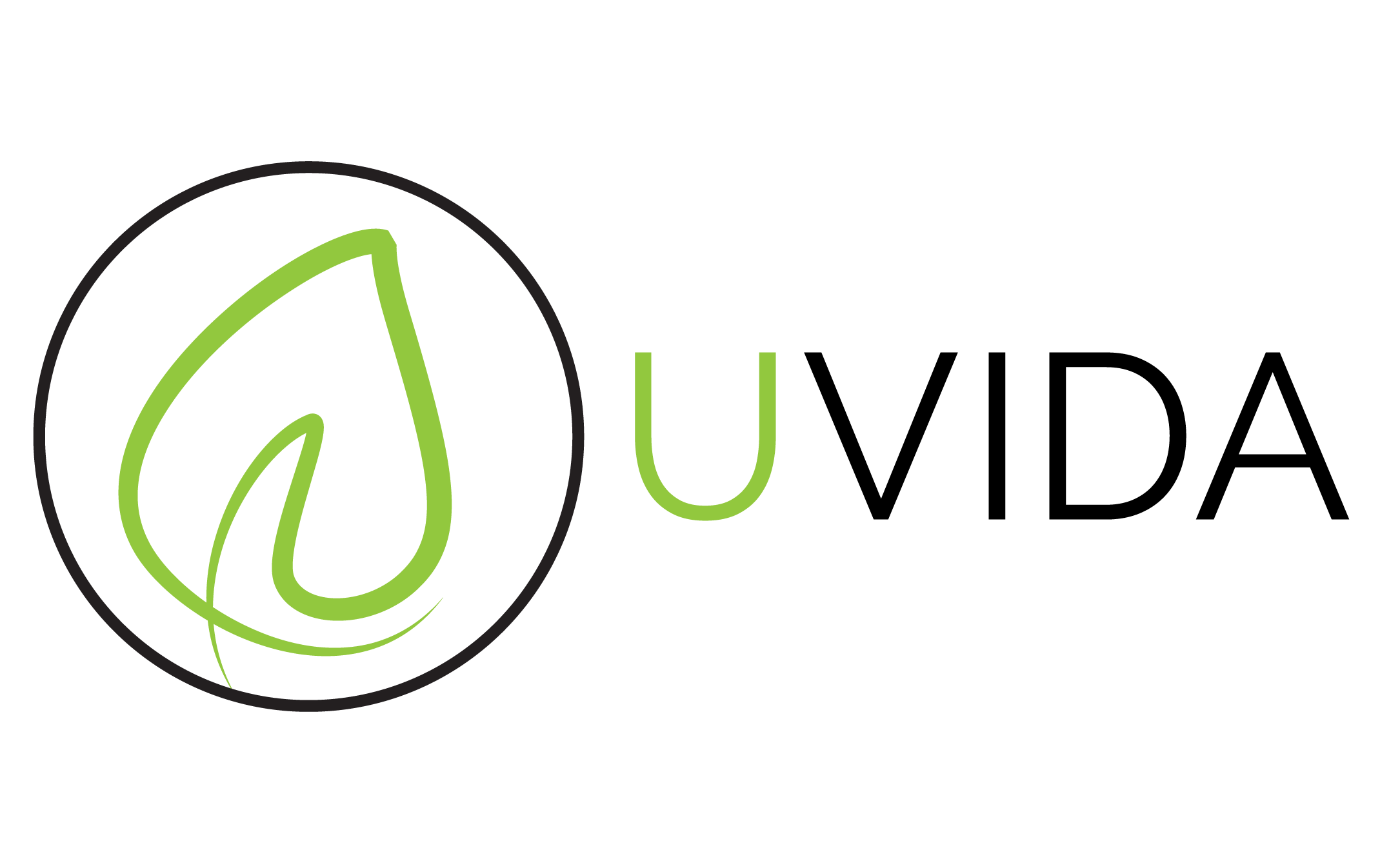As the holiday season approaches, the excitement of gift-giving and holiday shopping is taking center stage. You can see it in the Black Friday sales that seem to start earlier and earlier each year – sometimes before October’s even over. But there’s a darker side to all this spending and consumption that comes at our planet’s expense.
The Buying Frenzy
Holiday shopping as we know it only started to emerge in the 19th century as industrial production and department stores made mass-produced goods and gifts easier for more people to buy. But it wasn’t until these stores started using a mix of holiday sales and limited edition merchandise (all designed to encourage spending) that a dedicated holiday shopping season became a major part of Western economies in the early 20th century.

Holiday sales, particularly Black Friday, are known for their unbelievable deals and discounts. While it's great to find a bargain, these sales have a way of nudging us to buy things we might not have considered otherwise. Whether you’re buying for yourself or gifts for a loved one, the chances are that these items will only be used a couple of times before being thrown away or regifted. According to the EPA, the U.S. sees a 25% increase in household waste between Thanksgiving and New Year’s that’s related to the holidays.
One of the root causes of this issue is the proliferation of low-quality products. Many large companies prioritize profit over durability, churning out poorly made goods (often made from plastics) with short lifespans. As we’ve shared before on this blog, when something is thrown away prematurely all the resources that went into sourcing, making, and then distributing that product are also wasted.
Gifting Sustainably
As is the case with so many of the environmental challenges we face, holiday overconsumption has a lot more to do with the industries that are pushing people to buy more rather than the individuals themselves. No one should be made to feel bad for participating in holiday sales or buying from large brands. Instead, celebrating the holidays sustainably is about making informed choices and finding the ways you can contribute positively to the environment in your own life.
This year, consider embracing a more sustainable approach to gift-giving. Here’s some of our suggestions:
- Shop Local: Supporting small, local businesses is an excellent way to reduce your carbon footprint and bolster your community’s economy. Sustainable businesses and refilleries like Uvida Shop go even further by curating good quality, plastic-free gifts that you and your loved ones can enjoy for years!
- Choose Quality: Instead of chasing the lowest prices, gift quality products that will stand the test of time. These items may cost more upfront, but they're likely to save you money in the long run and help reduce waste.
- DIY & Personalize: Get back to the roots of holiday gift giving! Handmade or personalized presents are often cherished more than mass-produced ones, and they have a lower environmental impact.
- Gift Cards: Take the guesswork out of your gift giving and avoid unwanted gifts with a gift card to their favorite store! Many places now offer paper cards or digital codes so you can skip the plastic here too. Our gift cards are plastic-free, of course. 😊
- Eco-Friendly Wrapping: Be mindful of your gift-wrapping choices. Sustainable packaging options, like secondhand butcher paper or reusable cloth gift wrap, can help reduce the amount of waste generated during the holidays. In our store, we offer a free gift wrapping service that is plastic-free.


